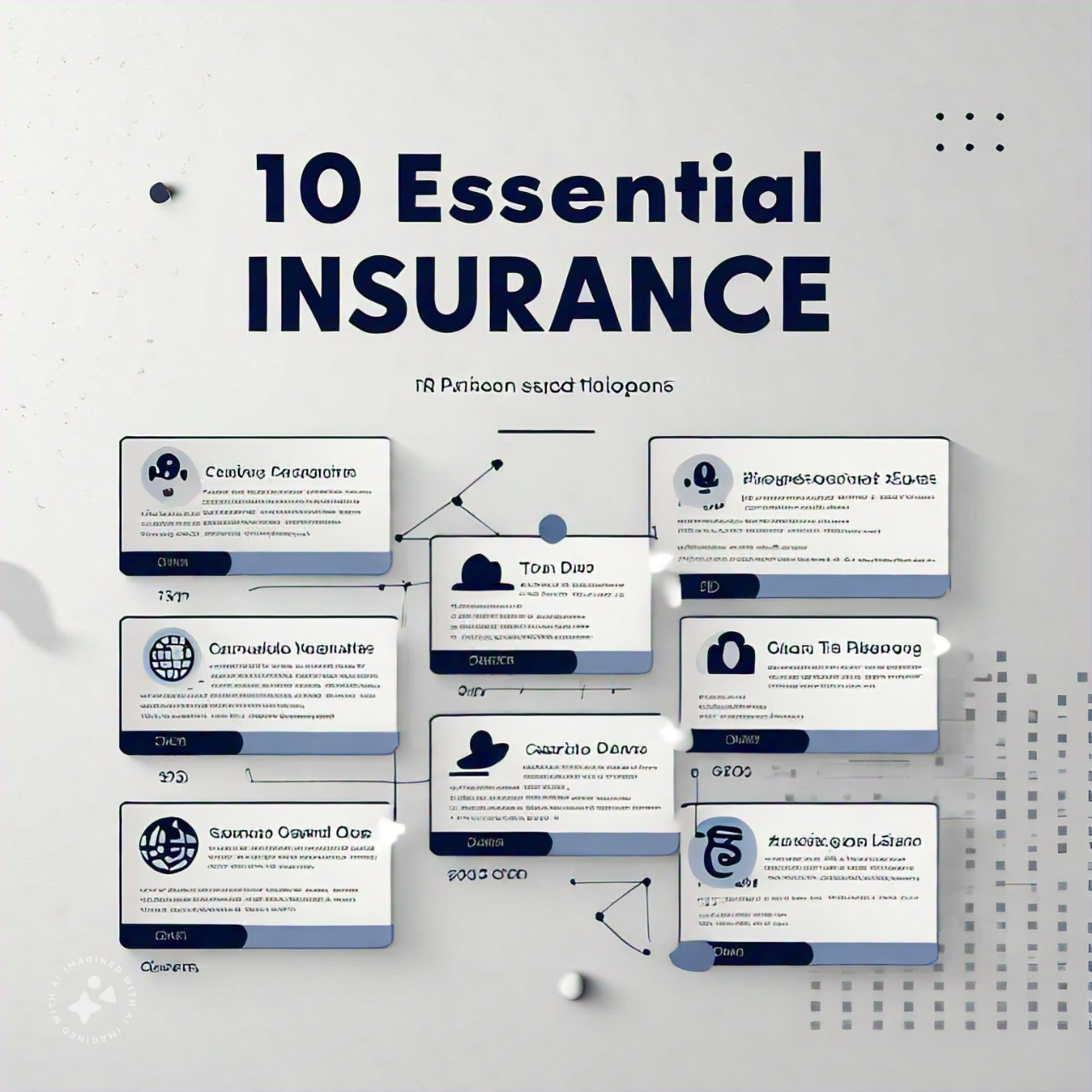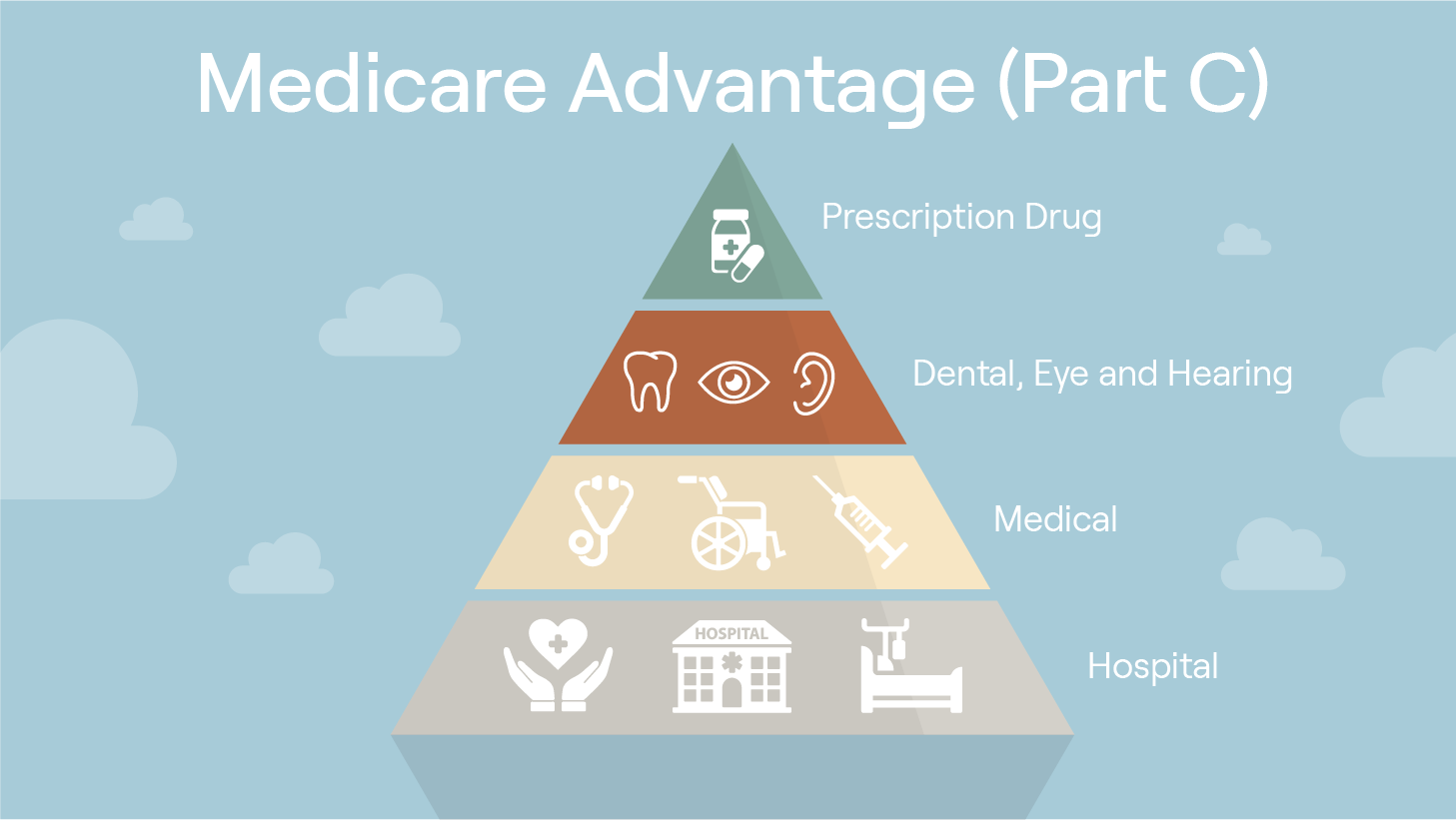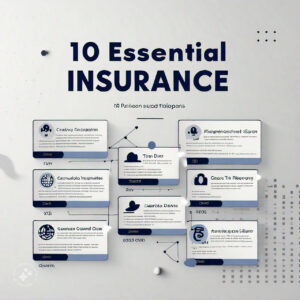Indexed Universal Life Policy and Trust
Introduction
Indexed Universal Life (IUL) policy is a type of life insurance that offers a death benefit to the beneficiaries upon the policyholder’s death. It also has an investment component that allows the policyholder to build cash value over time. IUL policies can be owned by a trust, which offers some benefits and limitations. In this article, we will discuss how an IUL policy works with a trust.
How does an IUL policy work?
An IUL policy is a type of permanent life insurance that offers a death benefit to the beneficiaries upon the policyholder’s death. The policyholder pays a premium, which is used to pay for the cost of insurance and investment. The investment component is usually tied to an index, such as the S&P 500, and the policyholder can earn a percentage of the index’s growth.
The policyholder can also access the cash value of the policy through loans or withdrawals, which are tax-free up to the amount of the premiums paid. However, any withdrawals or loans that exceed the premiums paid are subject to income tax and may also incur penalties.
How does an IUL policy work with a trust?
A trust is a legal entity that holds assets for the benefit of the beneficiaries. When an IUL policy is owned by a trust, the trust is the policy owner, and the beneficiaries are the trust’s beneficiaries. The policyholder can name the trust as the beneficiary of the policy, and the trust can then distribute the death benefit to the beneficiaries.
One benefit of owning an IUL policy through a trust is that it can provide asset protection. Since the trust owns the policy, it is not considered part of the policyholder’s estate and is protected from creditors. Additionally, the policy’s cash value can be used to pay estate taxes, which can be beneficial for high net worth individuals.
However, there are some limitations to owning an IUL policy through a trust. The policyholder cannot access the policy’s cash value through loans or withdrawals, as they are not the policy owner. Additionally, the policyholder cannot change the beneficiary of the policy without the consent of the trust’s beneficiaries.
Conclusion
In conclusion, an IUL policy can be owned by a trust, which offers some benefits and limitations. When an IUL policy is owned by a trust, the trust is the policy owner, and the beneficiaries are the trust’s beneficiaries. While owning an IUL policy through a trust can provide asset protection and tax benefits, it also limits the policyholder’s access to the policy’s cash value. It is essential to consult with a financial advisor or an estate planning attorney to determine whether owning an IUL policy through a trust is suitable for your specific needs and goals.
- Estate Planning in Valrico, FL: Protecting Your Legacy with Buckalew Financial Services
- Finding a Trusted Financial Advisor in Valrico, FL: Tips for Success
- Annuities and Inheritance: How to pass on your wealth
- How Does Accidental Death Insurance Work?
- Understanding Life Insurance
Benefits of Medicare Advantage for Veterans
Veterans and Medicare Advantage plans represent a crucial intersection of health- care services designed to enhance the medical coverage available…
10 Essential Insurance Tips to Protect Your Future
1. Assess your insurance needs based on income, assets, and dependencies. 2. Understand policy types: life, health, auto, home, and…
ACA 2025 Open Enrollment
The ACA 2025 Open Enrollment Period represents a pivotal opportunity for individuals and families to obtain health insurance coverage under…
Medicare Annual Enrollment Period 2025
The Medicare Annual Enrollment Period (AEP) for 2025 is a critical time for beneficiaries to review and adjust their Medicare coverage, running…
Medicare Advantage and the Nearing Annual Election Period
Medicare Advantage and the Nearing Annual Election Period Introduction Navigating Medicare can feel like trying to read a map written in a…
Understanding Medicare Advantage Plans
Understanding Medicare Advantage Plans Medicare Advantage plans have become a popular alternative for people who want more flexibility and comprehensive coverage…












